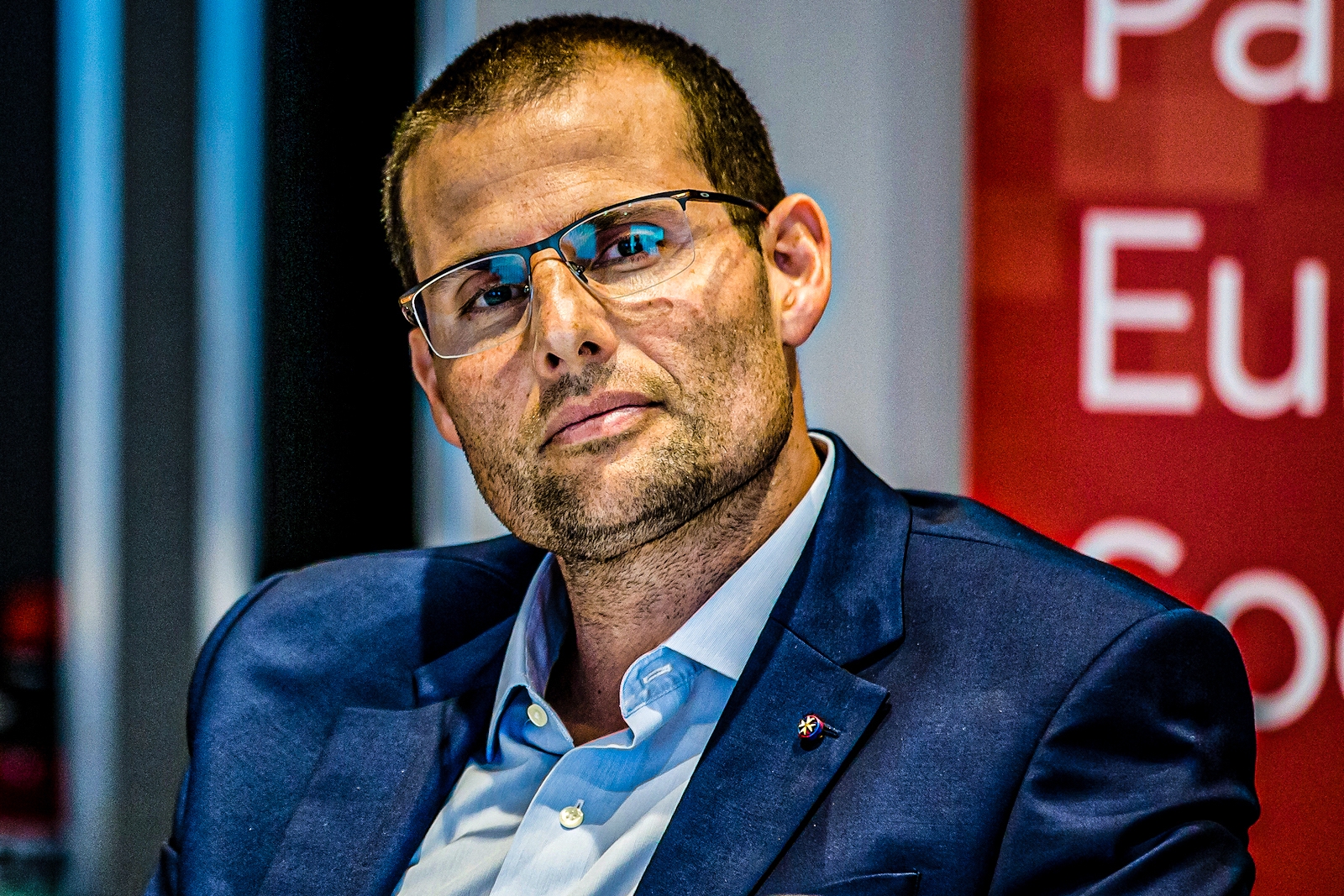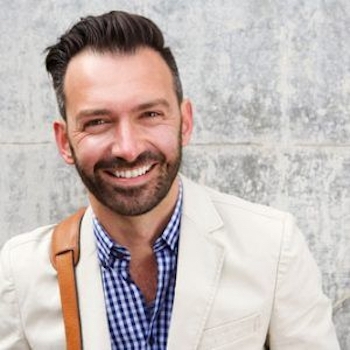
Why Malta Remains a Shady Financial Backwater
Being placed on the Financial Action Task Force’s (FATF) greylist in June 2021 was yet another nail in the coffin for Malta’s reputation. This decision came after two years of the FATF assessing Malta’s political and financial systems, yet less than a year later it appears that Malta is in line to be removed from the list of countries at high risk of money laundering and corruption. This is a travesty and lays bare the shortcomings of international law enforcement.
Following the FATF plenary earlier this month, the organisation announced that it would visit Malta to confirm that the country had completed its plan of action to address the greylisting. By praising the steps Malta has taken thus far in tackling corruption, the FATF is letting Robert Abela, Malta’s prime minister, off the hook.
Abela is sure to use this to his political advantage with a general election looming. By waving the FATF’s approvals in the face of his electorate, Abela is masking his own personal shortcomings and corruption allegations. The FATF should have delayed giving any indication of Malta’s progress until after its population had gone to the polls so as not to have an impact on the general election. As things stand, Abela is in line to continue as prime minister polling far ahead of Bernard Grech, his opposite number.
Abela’s action plan set out very specific parameters for improvement to appease the FATF. When it comes to other areas, such as press freedom and prior corruption, of which he is implicated, he has fallen short. Abela has only improved things by the barest of margins, acting simply to get Malta off the greylist to save his own skin.
Abela seemingly has no intention of making Malta a financially stable and secure state. A key charge against Malta was its golden passport scheme, exploited by wealthy Russian businessmen. The government fought hard to avoid having to do away with the scheme before it caved to international pressure last week over the Ukraine conflict. Even so, Malta only stopped the scheme for Russians and Belarusians ensuring the window into the EU provided by Malta is still open for other foreign nations to exploit such as China.
Without real change in Malta, the country’s elite will likely regress back to previous habits. Corruption is an industry for Malta’s ruling class. Some might even call it an addiction. Malta will continue to exploit its unique geopolitical position for its own gain by pivoting from Russian to Chinese influence.
It is foolish to expect a product of the corrupt elite to make anything but cosmetic changes to keep their own heads above water. This happened in Russia after the fall of the Soviet Union with ex-KGB elites being allowed to shape the political system in their own image. The fruits of this tree have now come to bear with Vladimir Putin’s ruling class of oligarchs now creating enormous problems for the international financial system. Malta may be smaller, but the rationale is no different. If this ruling class is simply allowed to give itself a facelift and change its tactics of exploitation, then we shall see Malta’s financial system fall into the familiar pit of corruption.
Abela himself is dogged by corruption allegations. He refuses to address flagrant links to Christian Borg, a man charged with kidnapping and money laundering. The prime minister is alleged to be a close associate of Borg’s and the two were involved in a property deal in which Abela is said to have pocketed €45,000. Abela has also blocked a bill by the opposition party to target unexplained wealth. He refuses to declare his own.
Abela’s refusal to reform in ways not under the microscope of the FATF is also shown by his disregard for the recent recommendations of the inquiry into the killing of Daphne Caruana Galizia. Abela refused to “include a reference to journalism as the fourth pillar of democracy” which led to the resignation of the co-founder of Malta’s journalist’s association in protest.
The decision to let Malta off the hook undermines the authority of the FATF. How can we expect countries like the United Arab Emirates, which has just been placed on the list, to not try and dupe the organisation in a similar fashion?
The FATF has been criticised in the past with Tom Keatinge, director of the Centre for Financial Crime at the Royal United Services Institute in London, saying last August that “its standards are increasingly not just being misunderstood but are being purposefully abused.” This is incredibly pertinent in the case of Malta. The FATF, as with many international enforcement bodies, is unable to enact meaningful change. It can only ensure that the rules aren’t being broken too badly.
The international community is standing by and allowing the continuation of a corrupt regime that risks Western security through the exploitation of the economic and political system of one of the EU and commonwealth’s smallest states. Unfortunately, if the polls are to be believed, then we may be able to see Abela’s regime continue in this fashion for years to come.

